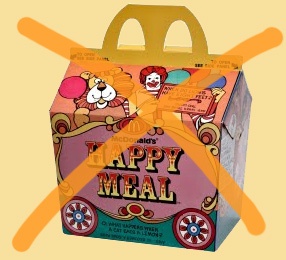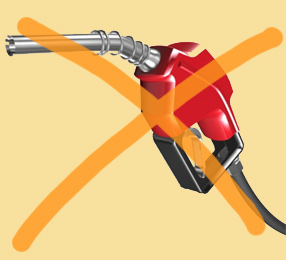The "common" part
The most important feature that all of these situations share is common ownership -- that is, some important resource is owned by a community, or a country, or indeed by the entire population of the world. Sometimes thinking about "ownership" is a little odd -- for example, we don't normally think of the ocean being owned by anyone in particular. So it may be more understandable to say a right to common use.
 |
In a commons situation, who has the right to use the grazing land?
|
 |
or the right to use the fish in the ocean?
|
 |
or the right to use unpolluted water?
|
On the other hand, many things in our daily life are NOT commons:
 |
McDonald's -- like most other companies out there -- charge you for their products |
 |
That includes gasoline -- we may or may not be running out of it, and it certainly does cause a lot of environmental damage, but the gasoline itself is not free, you gotta pay at the pump. |
Copyright University of Maryland, 2007
You may link to this site for educational purposes.
Please do not copy without permission
requests/questions/feedback email: mathbench@umd.edu